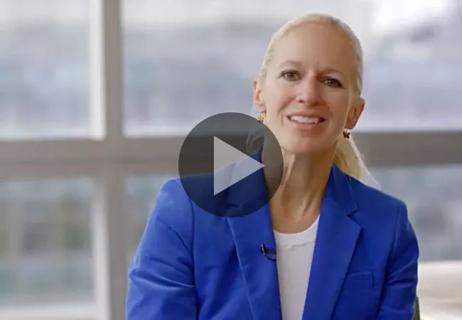In a word: resiliency

By Amy Sullivan, PsyD, Neurological Institute Engagement Chair
Advertisement
Cleveland Clinic is a non-profit academic medical center. Advertising on our site helps support our mission. We do not endorse non-Cleveland Clinic products or services. Policy
Early one morning on vacation, I went for a run with my sister. We are very competitive and generally do not just run but race each other.
To give a little perspective, my siblings and I were all Division I basketball players and my husband and brother-in-law, both Division I football players. Can you imagine the competitions in our home when we get together?
Anyways, that particular morning, I could not keep up with her. The sand seemed to be pulling me down and the wind was in front of me. My first thought was to berate myself with negative self-talk and to quit. And then I realized: I am still running. It may be slower and I am unable to keep up with her, but I am still strong — and still going.
What keeps an individual engaged and moving forward during times that we want to quit? Resiliency.
Resiliency is the capacity to recover from difficulties. It is learning to practice positive self-talk, being optimistic, continuing on despite difficult circumstances, and having a strong support network that helps us overcome.
Ten minutes passed in that run and my sister ran back to me and from then on, we ran together. She said something very powerful to me: “It is more important to be with you than to run ahead of you. Let’s do this together.”
How are you developing resiliency in the face of challenges? My suggestion for you is to try to develop your work support system, your work family. Relationships take time to cultivate, but they are worth the investment and help us in becoming resilient.
Advertisement
Advertisement

Pulmonologist-scientist is awarded a $2 million grant from the NIH

Cardiologists offer professionals guidance for better sleep

Reduce stress by adopting mindfulness as a way of life

Our Chief Experience Officer explains

A Q&A with sports medicine physician Dominic King, DO

Reflections on providing all patient care with the same respect

It doesn't have to be the "new normal"

3 Women's Professional Staff Association members field this question